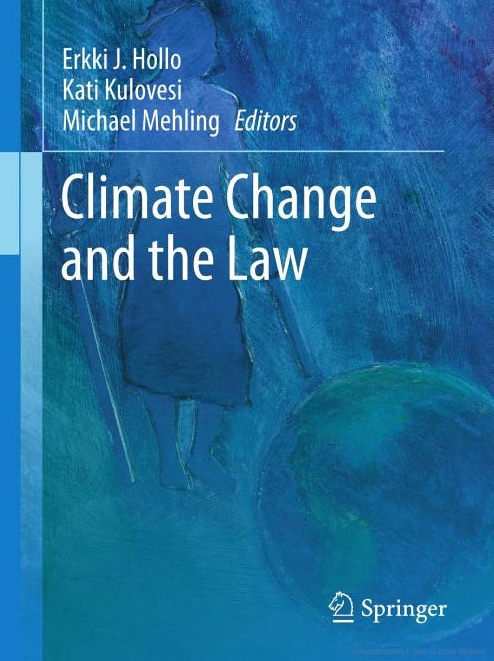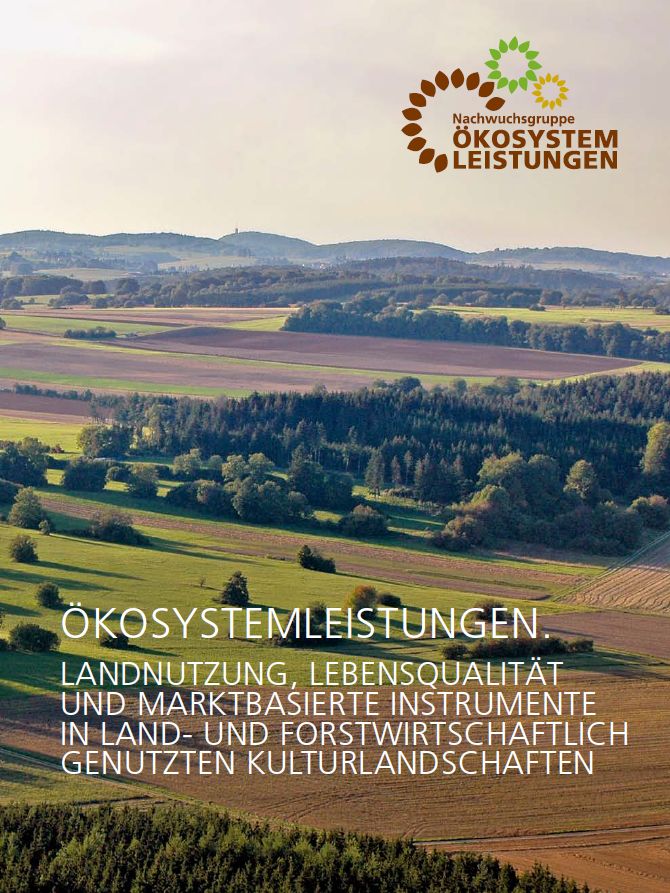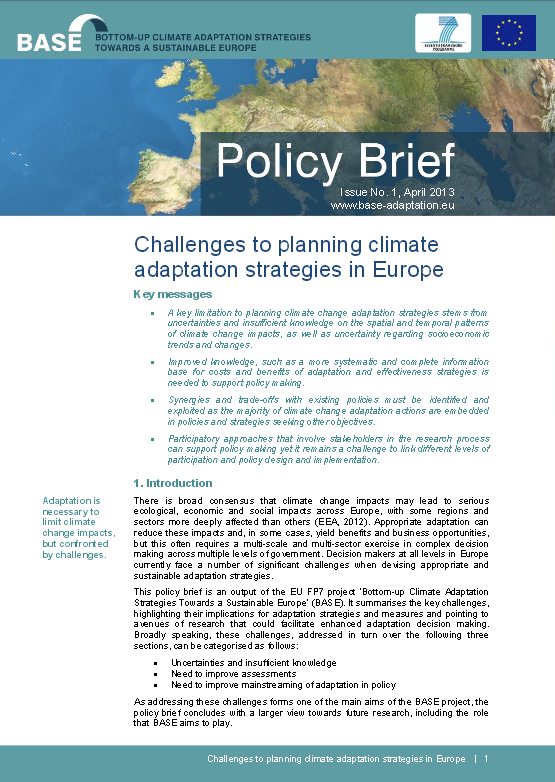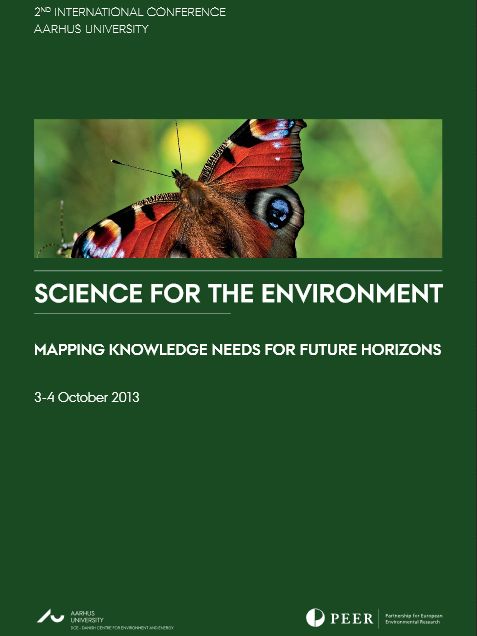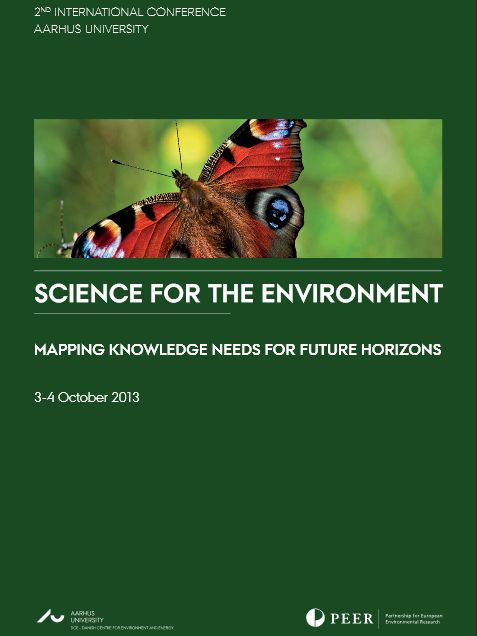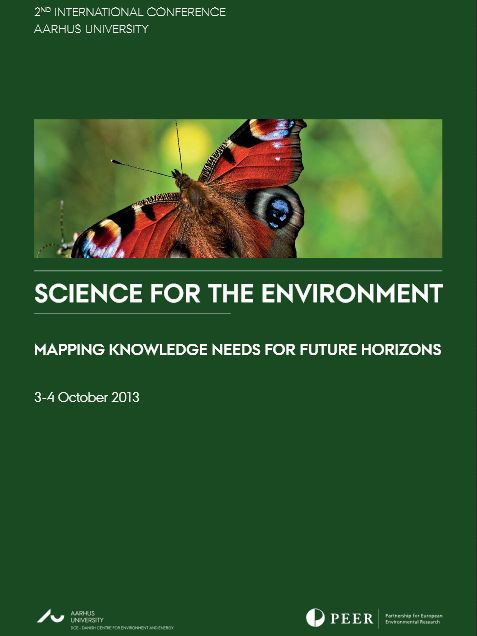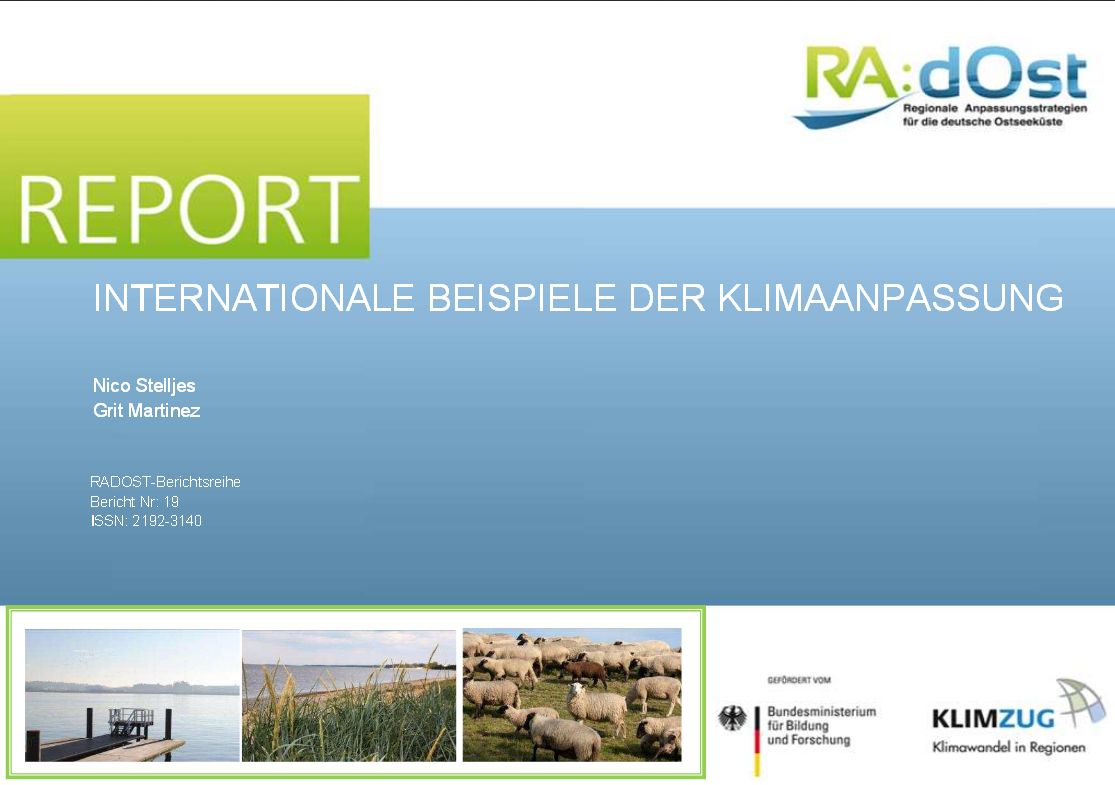Event:Discussion
Publication:Book
Event:Workshop
Publication:Report
Ökosystemleistungen
Landnutzung, Lebensqualität und marktbasierte Instrumente in land- und forstwirtschaftlich genutzten Kulturlandschaften
Year
Read morePublication:Policy Brief
Challenges to Planning Climate Adaptation Strategies in Europe
BASE Policy Brief No. 1
Year
Read moreEvent:Discussion
Presentation:Speech
Event:Discussion
Event:Conference
Transatlantic Cooperation on Energy Security and Climate Change
Washington, DC,
United States
Publication:Conference Paper
Publication:Conference Paper
Publication:Book Section
A BASE Project Analysis of EU Member State Climate Change Adaptation Stragtegies
Comparing Apporaches and Drawing Lessons
Year
Read moreEvent:Workshop
Event:Visitors Program
Climate Change Negotiations and the German Energiewende – Warsaw-Berlin-Hamburg – ELEEP Study Tour
-
Warsaw, Poland / Berlin and Hamburg,
Germany
Publication:Report
